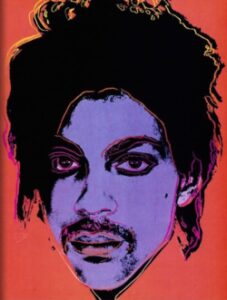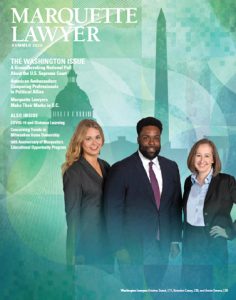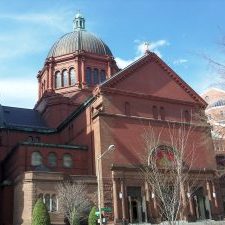The Stakes in Andy Warhol Foundation v. Goldsmith
 Next week, the Supreme Court will hear oral argument in Andy Warhol Foundation v. Goldsmith, the first non-software fair use case the court has heard since 1994. This has copyright lawyers aflutter, as fair use law has been in increasing disarray for the last 20 years or so, and there is hope that finally the Supreme Court will give lower courts much-needed guidance. Unfortunately, I think the probability is higher of a mush-filled disaster of an opinion, like the one in Star Athletica v. Varsity Brands (2017), that not only gives no guidance, but eliminates the few stable boundaries we have.
Next week, the Supreme Court will hear oral argument in Andy Warhol Foundation v. Goldsmith, the first non-software fair use case the court has heard since 1994. This has copyright lawyers aflutter, as fair use law has been in increasing disarray for the last 20 years or so, and there is hope that finally the Supreme Court will give lower courts much-needed guidance. Unfortunately, I think the probability is higher of a mush-filled disaster of an opinion, like the one in Star Athletica v. Varsity Brands (2017), that not only gives no guidance, but eliminates the few stable boundaries we have.
That’s because fair use doctrine is a poor fit for the way modern courts operate, and there is probably little the Court can do to fix that, but a lot it can do to make the problem worse. But before I get there, I want to lay out in this post what’s at stake in AWF.
The case involves a licensing deal between celebrity photographer Lynn Goldsmith and Vanity Fair magazine.


